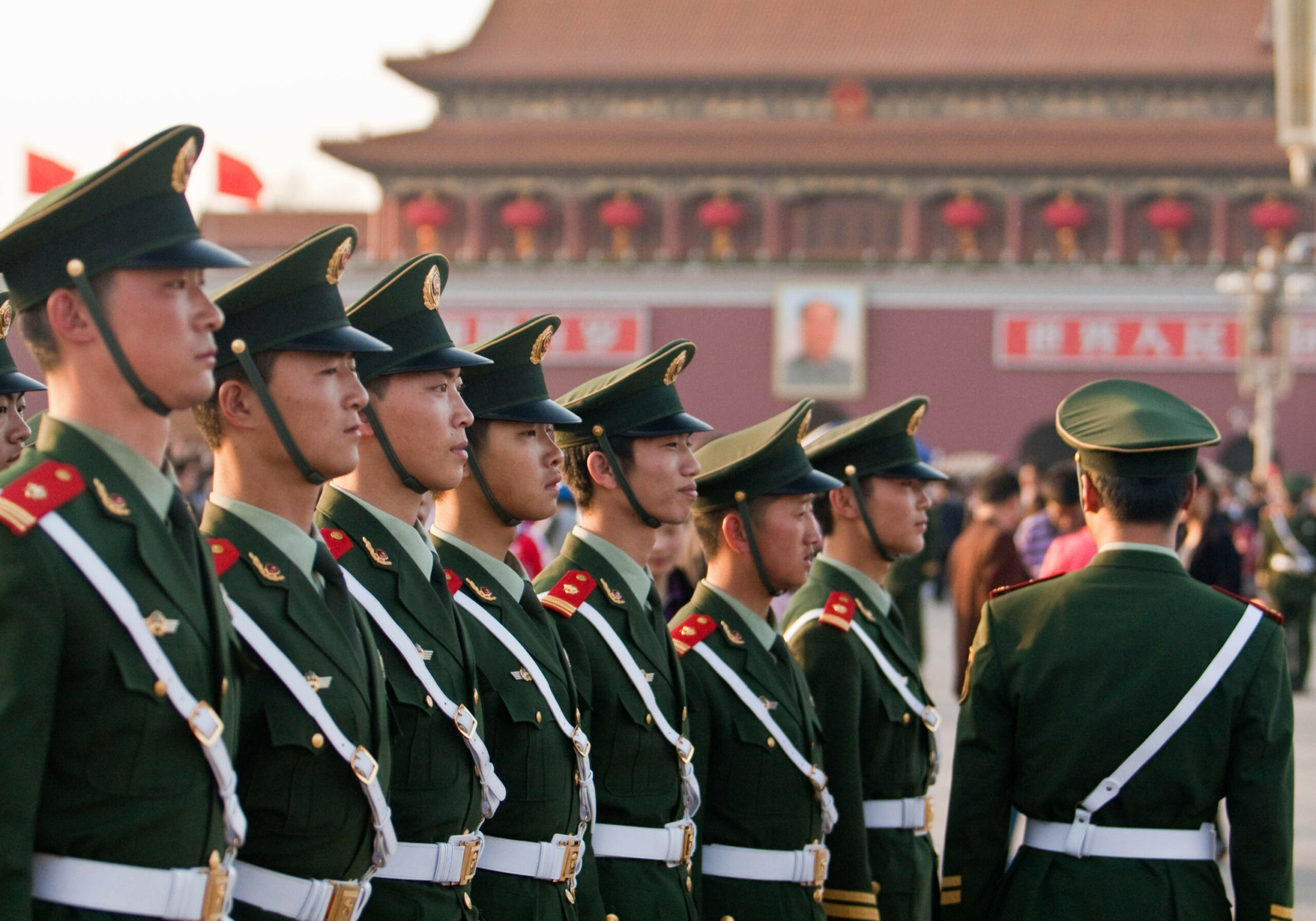How Biden’s New National Security Strategy Gets China Wrong
The Biden administration’s new National Security Strategy (NSS) attempts to explain how the United States can win a global struggle for democracy over authoritarianism. In doing so, the document reveals a wide gulf between Washington’s ambitions and its capabilities—a gulf which threatens to drive America into years of dangerous, likely-futile attempts to decisively “shape” the global order and “win” the coming era of great power competition.
The Biden administration argues that America and the world are engaged in a critical struggle with “powers that layer authoritarian governance with a revisionist foreign policy.” The NSS states that Russia and China (“the largest autocracies”) threaten the interests of even non-democratic states by “…waging or preparing for wars of aggression, actively undermining the democratic political processes of other countries, leveraging technology and supply chains for coercion and repression, and exporting an illiberal model of international order.” The NSS suggests the adversarial elements of U.S. security policy are primarily aimed at only two powers; in other words, the core dynamic driving Washington’s grand strategy today is really great power competition, not ideology per se.
For the Biden administration, it appears the only relevant difference between Russia and China lies in their level of power, or ability to seriously threaten the United States, the West, and the world order. Both nations apparently pose dire threats, but China is “…the only competitor with both the intent to reshape the international order and, increasingly, the economic, diplomatic, military, and technological power to advance that objective.”
Despite the Biden administration’s avowed belief in a genuine and critical need to cooperate with China on common threats such as climate change, pandemics, and nonproliferation, the NSS reaffirms the Trump administration’s basic assessment that China and Russia have
…concluded that the success of a free and open rules-based international order posed a threat to their regimes and stifled their ambitions. In their own ways, they now seek to remake the international order to create a world conducive to their highly personalized and repressive type of autocracy.
Read the full piece in The National Interest.
